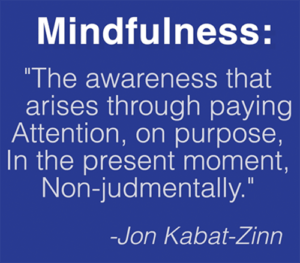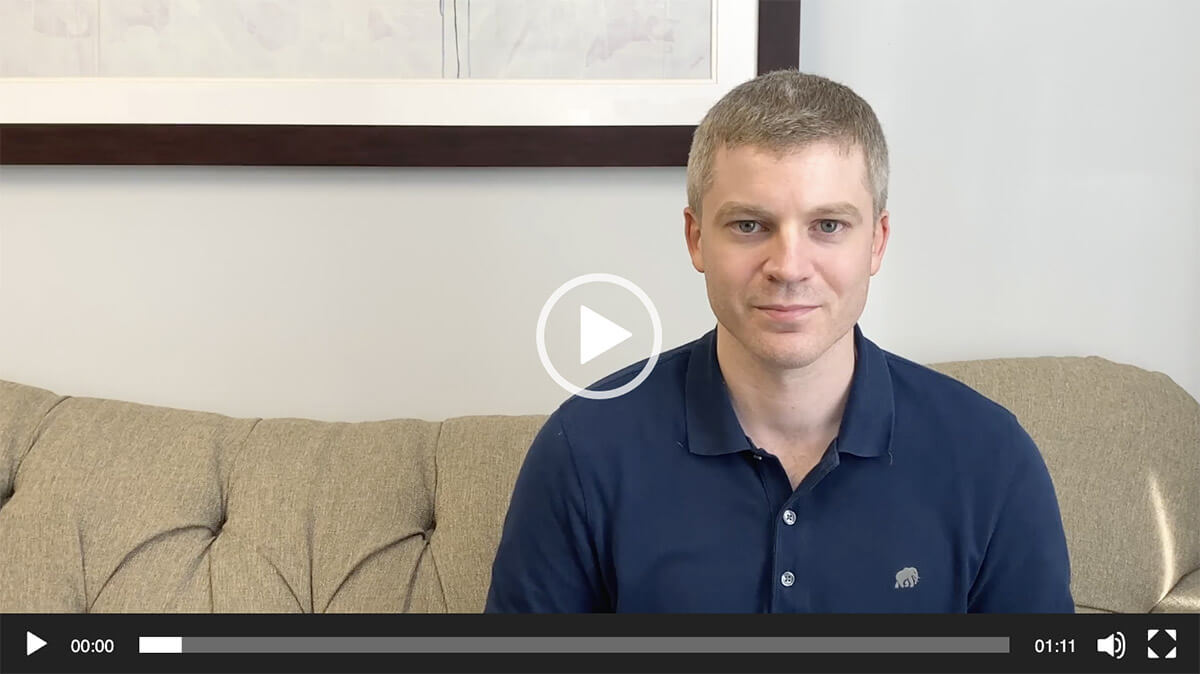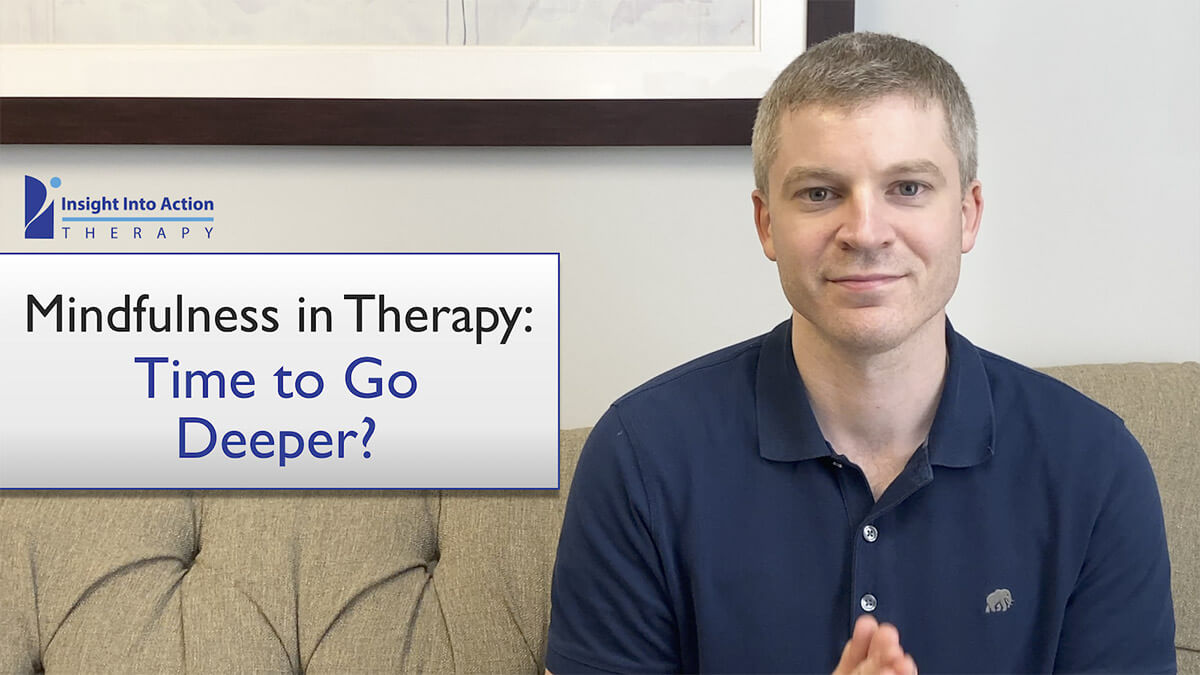In my work as a therapist, I frequently utilize mindfulness practices with clients. Mindfulness is an important feature of many of the newer approaches to therapy that build on the techniques of Cognitive Behavioral Therapy (CBT) — often cited as a preferred form of therapy, given the extensive research on its effectiveness.
 Clients having difficulty with anxiety and depression often describe their mind “spinning out” with worries or negative thoughts about themselves or the future. By gaining greater ability to bring our attention to the present moment, we can stop fighting with our thoughts and find more peace.
Clients having difficulty with anxiety and depression often describe their mind “spinning out” with worries or negative thoughts about themselves or the future. By gaining greater ability to bring our attention to the present moment, we can stop fighting with our thoughts and find more peace.
However, at times I wonder if there is something missing in this “medical” way of presenting mindfulness. It may be because before training as a therapist, I was training in meditation traditions that mindfulness practices come from. In short, my uneasiness is this:
Just becoming a little more peaceful wasn’t the original purpose of mindfulness. Rather, these practices were designed to facilitate important insights that can decrease our suffering in a more fundamental way. Specifically, insights into things such as:
- the moment-by-moment impermanence of all things,
- how craving and “clinging” lead to suffering, and
- the very nature of the self, or “ego.”
Importantly, these insights are experiential, not just intellectual. As an analogy, we can get some understanding of the beauty of love by reading philosophy or poetry. However, it’s the experience of love — maybe the love for a spouse or a child — that can transform our lives. Similarly, it’s the experience of clearly seeing how our mind creates suffering that provides the potential for greater change.
As I mentioned at the beginning of this blog post, I’m a big proponent of using mindfulness in therapy. However, if working with mindfulness really resonates with a client, it may be important to let them know that these practices have the potential to go much deeper should they feel called to pursue it outside of therapy.
If you or someone you love is struggling with their mental health or substance use, Insight can help. Please call 703-646-7664 for more information.








